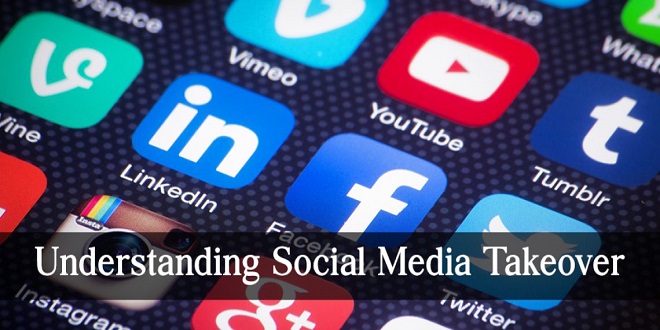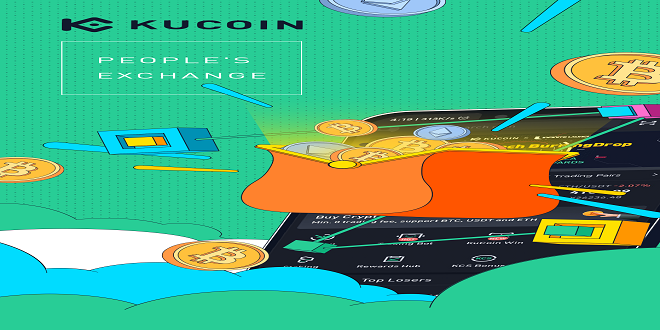Understanding social media

Join the conversation
Do you listen to your customers… really listen to them? Do you take their opinions, ideas and criticisms on board, and allow them to inform your business decisions? If you do, you’re ahead of the game. Historically, marketers have focused on delivering a particular message, to a predefined target audience, with the aim of eliciting a specific response. Consumers were sometimes consulted in the process, of course – through market research, consumer surveys, focus groups and the like – but by and large the marketing tended to be ‘show and tell’ in nature, the consumer’s role that of a passive recipient of information peddled by the marketer.
What is social media?
Social media is the umbrella term for web-based software and services that allow users to come together online and exchange, discuss, communicate and participate in any form of social interaction. That interaction can encompass text, audio, images, video and other media, individually or in any combination. It can involve the generation of new content; the recommendation of and sharing of existing content; reviewing and rating products, services and brands; discussing the hot topics of the day; pursuing hobbies, interests and passions; sharing experience and expertise… in fact, almost anything that can be distributed and shared through digital channels is fair game.
Social media is nothing new
One of the biggest misconceptions about social media is that it is a new phenomenon. Online social interaction has been around since the very beginning. In its crudest form social media predates the web by some two decades. Primitive dial-in bulletin board services (BBSs) and online communities such as CompuServe and Prodigy allowed users to post messages online for other members to read and respond to, UseNet newsgroups (early internet discussion groups) allowed like-minded participants to exchange views about all sorts of topics ranging from brain surgery to budgerigars, while e-mail discussion lists did the same
Social media is naturally compelling
he proliferation of social media is a natural extension of increasing levels of internet usage and the penetration of always-on broadband access. As more people head online, and start weaving the internet seamlessly into the fabric of their daily lives, it is only natural that they bring with them the very human need to interact and belong. We are biologically programmed to be social and gregarious creatures. The need to interact with other people is hard-coded into our DNA; it is part of who and what we are, and that is as true online as it is off. That’s one of the main reasons why so many of us find social media incredibly compelling
Social media is nothing to be afraid of
Compelling it may be, but for many marketers the thought of venturing into this openly interactive, anything goes, consumer-championed world can be daunting, even scary. The rules here are not dictated by marketers, but by consumers – media-savvy consumers who can spot marketing hype a mile away, and want nothing to do with it. It’s a dynamic, unpredictable world, and if you get things wrong you risk the very real prospect of a backlash that will travel throughout the network in the blink of an eye.
Different forms of social media
Social media websites come in a wide variety of ‘flavors’, which are all broadly based around the premise of personal interaction; creating, exchanging and sharing content; rating it and discussing its relative merits as a community. The content can be links to other websites, news articles or blog posts, photographs, audio, video, questions posed by other users… anything, in fact, that can be distributed in digital form.
Reviews and ratings sites
Reviews and ratings sites do exactly what the name says: they allow users to review and rate companies, products, services, books, music, hotels, restaurants… anything they like.
Comment
The ‘rules’ of social media are really about applying a bit of common sense to what are essentially human relationships. The key thing to remember is that this is social media – people are going online to interact and exchange information and content with similar, like-minded people. They are unlikely to be interested in your latest sales pitch, and they are certainly not interested in promotional hype. They want interesting, fun, informative, quirky, addictive whatever turns them on.





